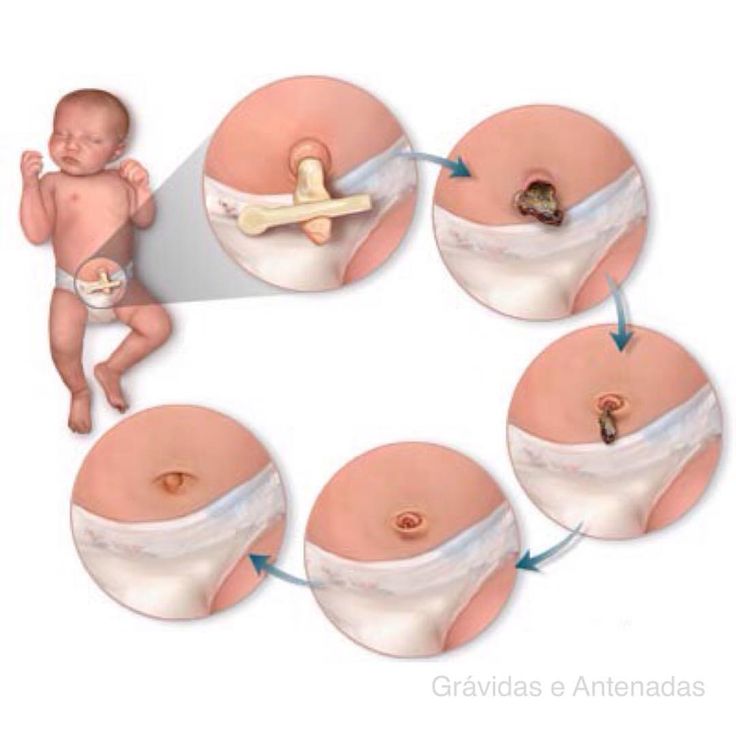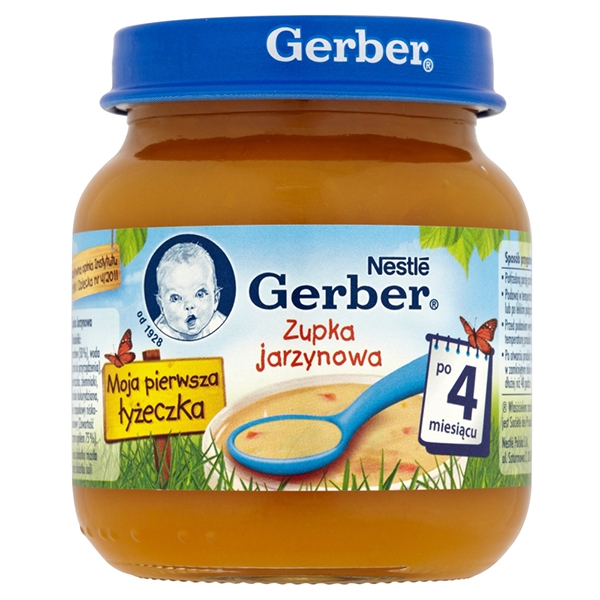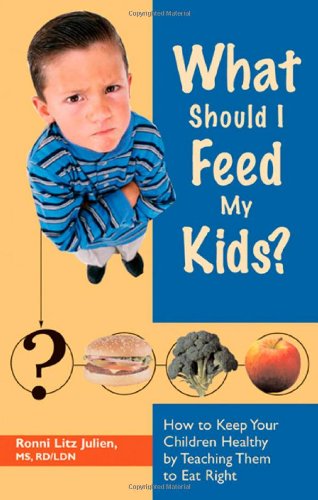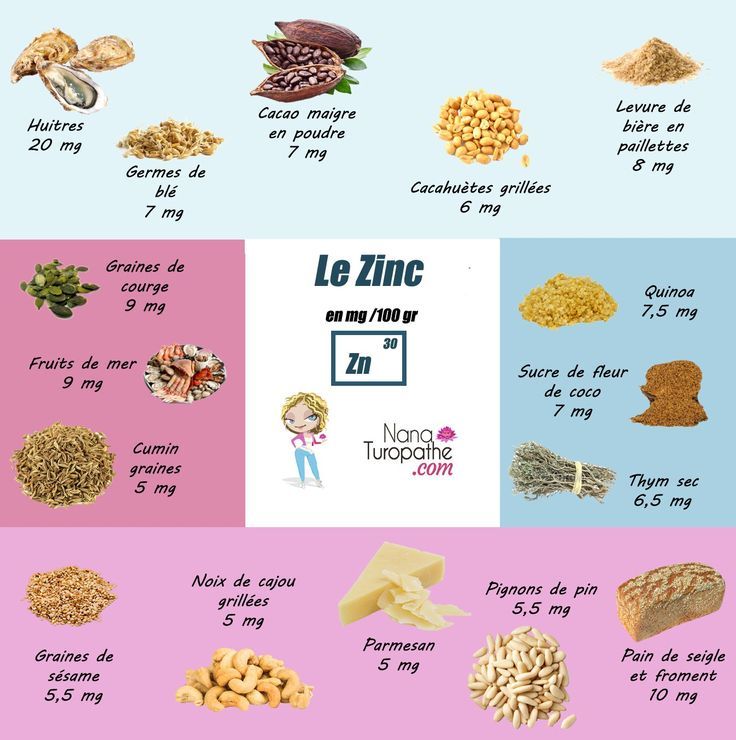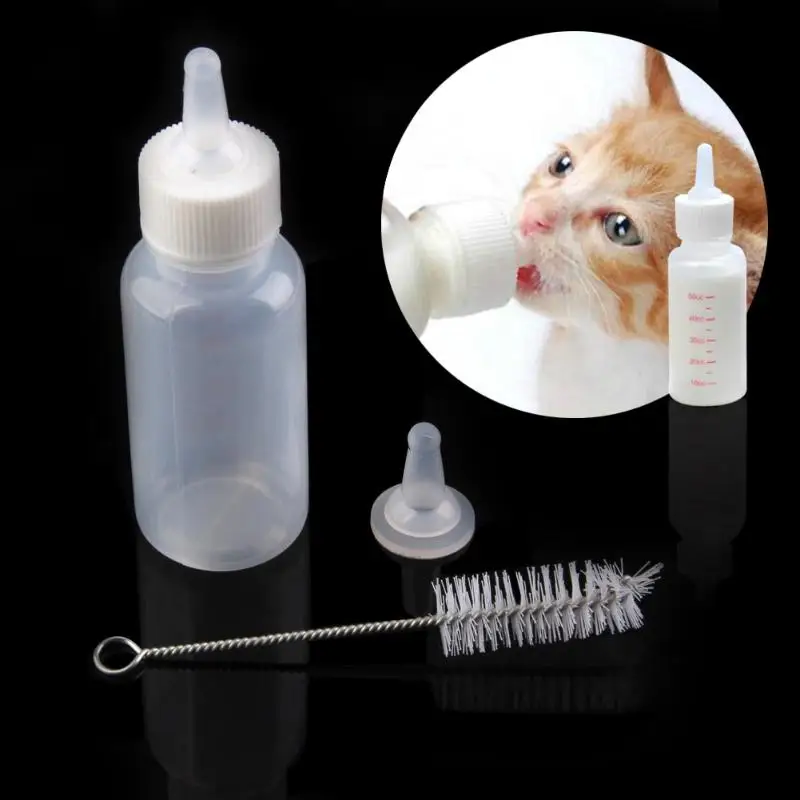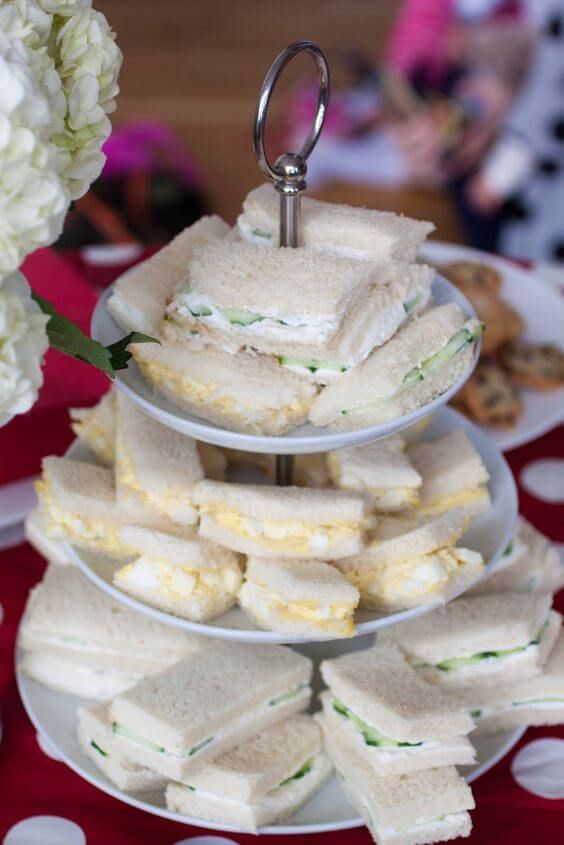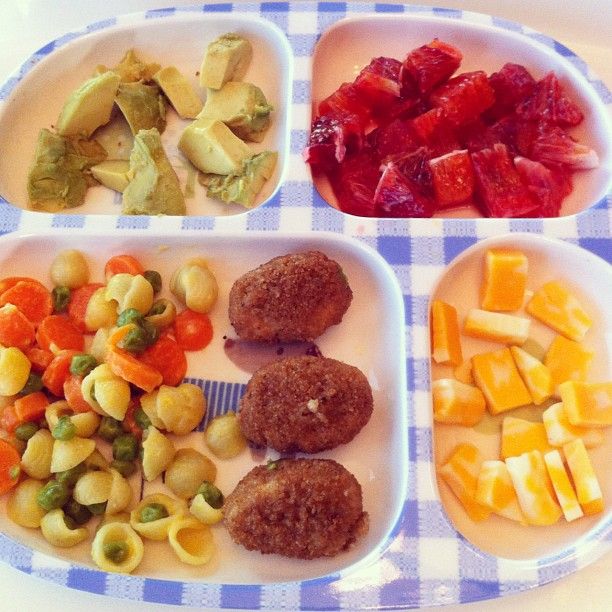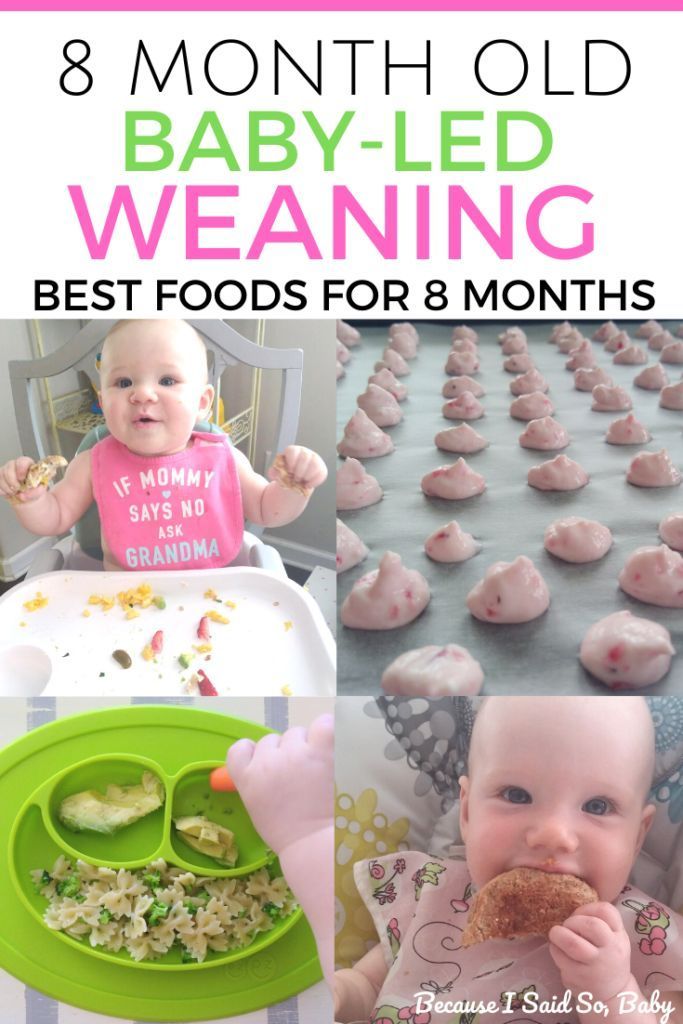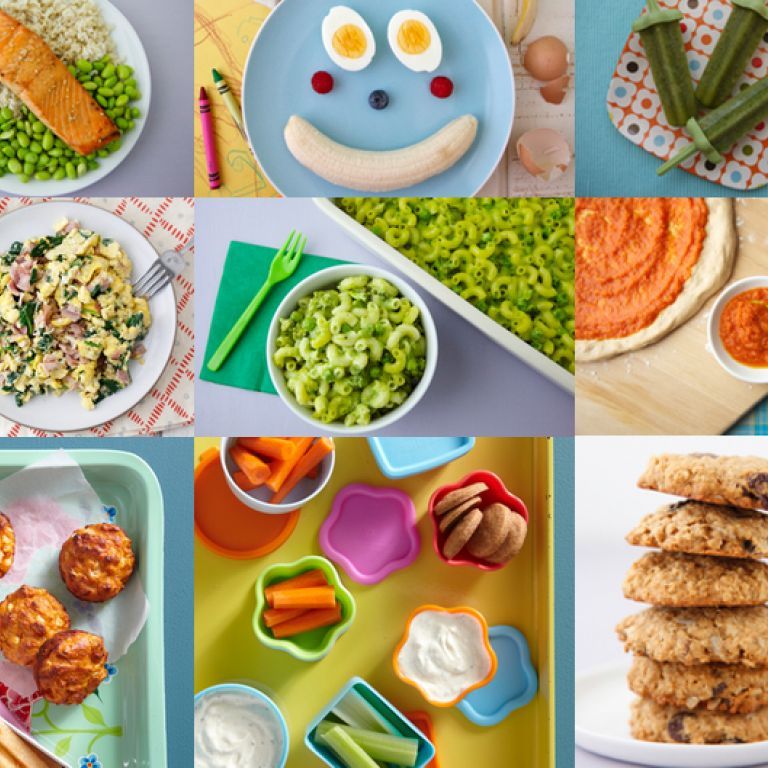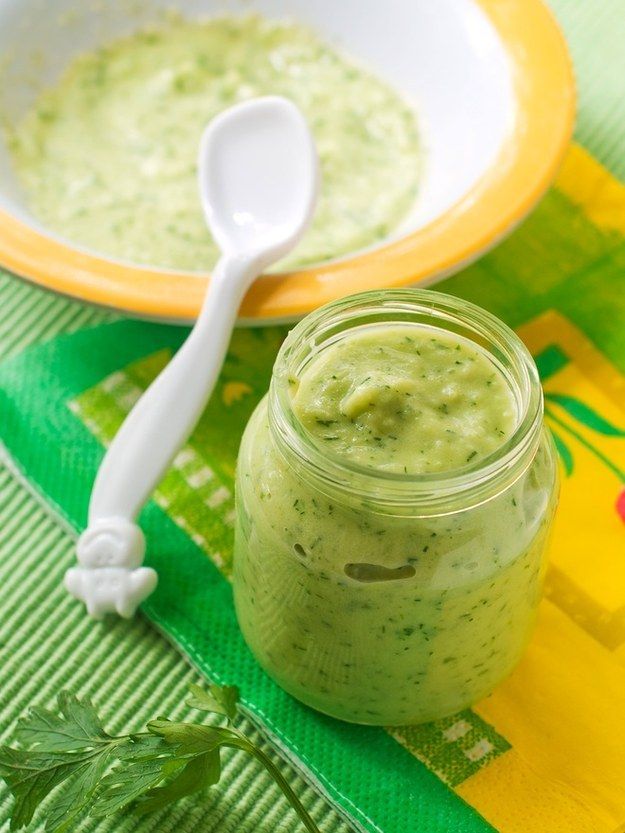Does baby food expire
What an Expiration Date Means for Baby’s Food
It’s probably safe to say most of us discerning shoppers go to the supermarket and automatically scan the expiration date on any packaged food before deciding whether it goes into the shopping cart. That’s likely doubly true when buying food for your baby or toddler. It’s important to keep an eye on these sell by dates and best by dates, at least to some degree—but experts say you typically have some leeway with the dates once the food comes home and finds a place in your pantry or fridge. Plus, there are different types of expiration dates, and they don’t all mean the same thing. Here’s the real deal on food expiration dates, so nothing has to go to waste before its time.
How to Read Expiration Dates
With all the different types of food expiration dates, it’s understandable if you’re a bit fuzzy on what each means. While each has something to do with food quality, things get a little nuanced beyond that. But across the board, food sold in the US isn’t required to display any kind of expiration date (with the exception of baby formula)—instead, the best by or use by dates are completely up to the food company. “Manufacturers provide dating to help consumers and retailers decide when food is of best quality,” the US Department of Agriculture (USDA) states. “Except for infant formula, dates are not an indicator of the product’s safety.”
• Best by dates are probably the most common, and they usually mean it’s a good idea to buy and use the product by the date on the label in order to enjoy the food at its highest quality. It doesn’t necessarily mean that past that date, the food is unsafe to consume. “In general, ‘best by’ means you want to use it by that date or soon after, because its quality is going to go down after that,” says Michael Doyle, PhD, a professor of food microbiology at the Center for Food Safety at the University of Georgia.
• Sell by date is a label that’s generally put in place to let retailers know that food is less likely to spoil if it’s sold before a set time, says Benjamin Chapman, PhD, an associate professor and food safety extension specialist at North Carolina State University.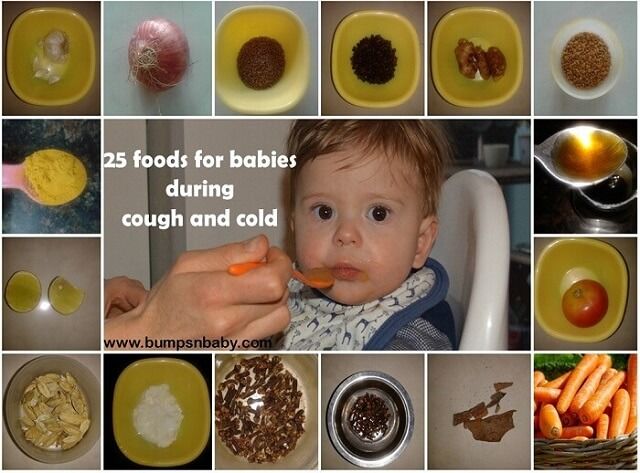 If a product isn’t sold by its sell by date, retailers should, in theory, pull it from shelves.
If a product isn’t sold by its sell by date, retailers should, in theory, pull it from shelves.
• Use by date is just what it sounds like—you should use a product before you hit this date, which is the last day the food will be at its peak quality. While you may see this date stamp on other foods, the FDA only requires it to be on infant formula.
Food Expiration Dates: What You Can Eat When
Stocking up on food for your kids only to have it sit in the fridge for several days is an all-too-familiar scenario for many of us—but before you toss it, know this: It’s generally safe to feed your child most foods that are a few days beyond their expiration dates and, in some cases, even longer, Chapman says. “If the date passes during home storage, a product should still be safe and wholesome … until spoilage is evident,” according to the USDA. That said, specifics help. Here’s which common baby and toddler foods are and aren’t safe to eat past their expiration date:
• Expired baby formula.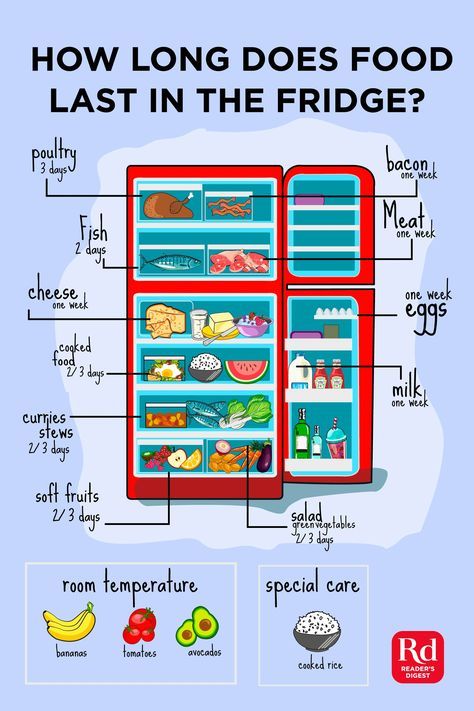 Unopened cans of formula generally last a year—and this is the one food you don’t want to serve past its use by date. It has nothing to do with food safety, but beyond that use by date, the nutrients in the formula will start to degrade, Chapman says. “Since it’s the only source of nutrition for infants, it’s very important the nutrients are precise,” he says.
Unopened cans of formula generally last a year—and this is the one food you don’t want to serve past its use by date. It has nothing to do with food safety, but beyond that use by date, the nutrients in the formula will start to degrade, Chapman says. “Since it’s the only source of nutrition for infants, it’s very important the nutrients are precise,” he says.
• Jars or pouches of baby food past their sell by date. After your child eats from a jar or pouch of baby food, any leftovers should be thrown out, especially if you fed baby right from the container (since the saliva can contaminate the food). But if the packages are still sealed, Chapman says you’re fine to use them a few days past the expiration date. The quality of the products past their sell by date will vary, he says, but jars should keep food fresh longer than pouches.
• Cereal and puffs past their best by date. You definitely have some leeway here, especially if the box is unopened.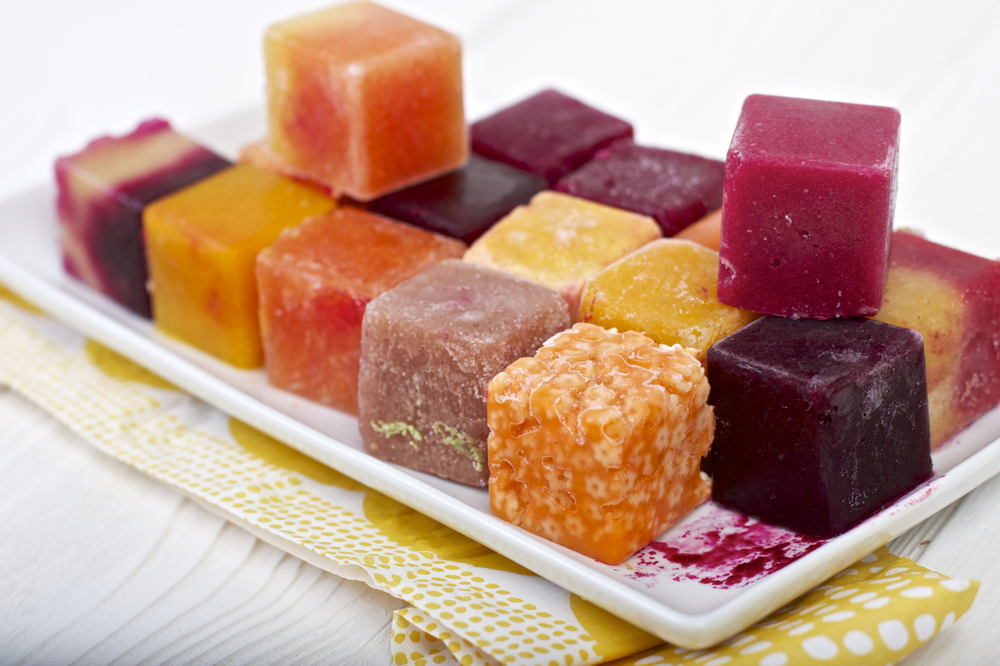 “Cereal can be used much longer than just a few weeks past the expiration date,” Doyle says. The biggest potential issue is that fat in the cereal will oxidize, causing the taste to be a little off. But it’s more likely to go stale than anything else, Chapman says.
“Cereal can be used much longer than just a few weeks past the expiration date,” Doyle says. The biggest potential issue is that fat in the cereal will oxidize, causing the taste to be a little off. But it’s more likely to go stale than anything else, Chapman says.
• Eggs past their expiration date. Eggs are usually good for three to five weeks in the fridge. Salmonella is a potential issue, Doyle says, which is why he doesn’t recommend using them more than a week past their date stamp.
• Milk past its sell by date. How long milk can sit in your fridge depends on how much it’s been pasteurized (ultra-pasteurized milk can last for months, for example), so it’s best to get a general idea by the date stamp, Chapman says. “In pasteurized milk, we don’t often look at it as a source of pathogens, but it goes sour,” he says. If it’s in your fridge and you’re a day or two past the sell by date, you’re probably fine to give it to your kids (provided it tastes okay).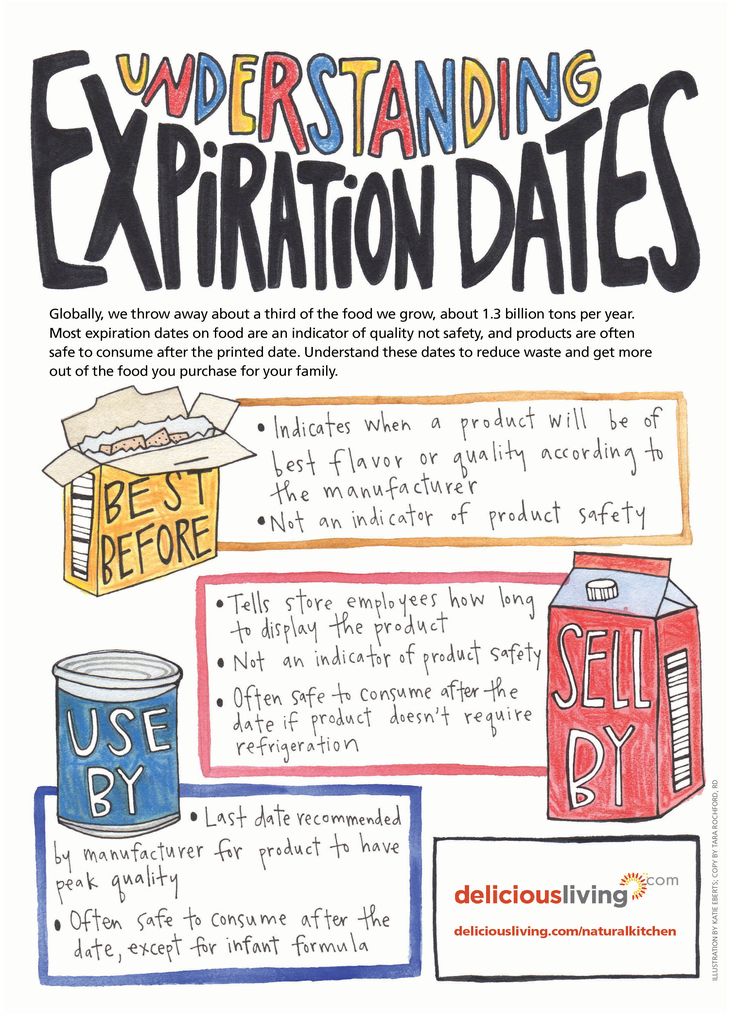 “I would have no qualms feeding my grandchildren milk that’s a week past the expiration date,” Doyle says.
“I would have no qualms feeding my grandchildren milk that’s a week past the expiration date,” Doyle says.
• Yogurt past its best by date. You’re perfectly fine to eat yogurt past its expiration date—and usually for quite a while afterward. “Yogurt is made from pasteurized milk, so the harmful microbes should [already] be killed,” Doyle says. The biggest concern is that the yogurt might taste tangier the longer you get past the best by date, since acid builds up in it over time. But “a month past is no less safe than if you had eaten it within that best before date,” Chapman says.
• Juice past its sell by date. From a food safety standpoint, it’s never a good idea to drink unpasteurized juice, due to the risk of harmful bacteria—and that’s especially true for children. If you were planning to give baby unpasteurized juice, don’t. But if you have a pasteurized apple juice box or orange juice container that’s a few days past the sell by date, you should be fine to give it to your child as long as it’s unopened, Chapman says.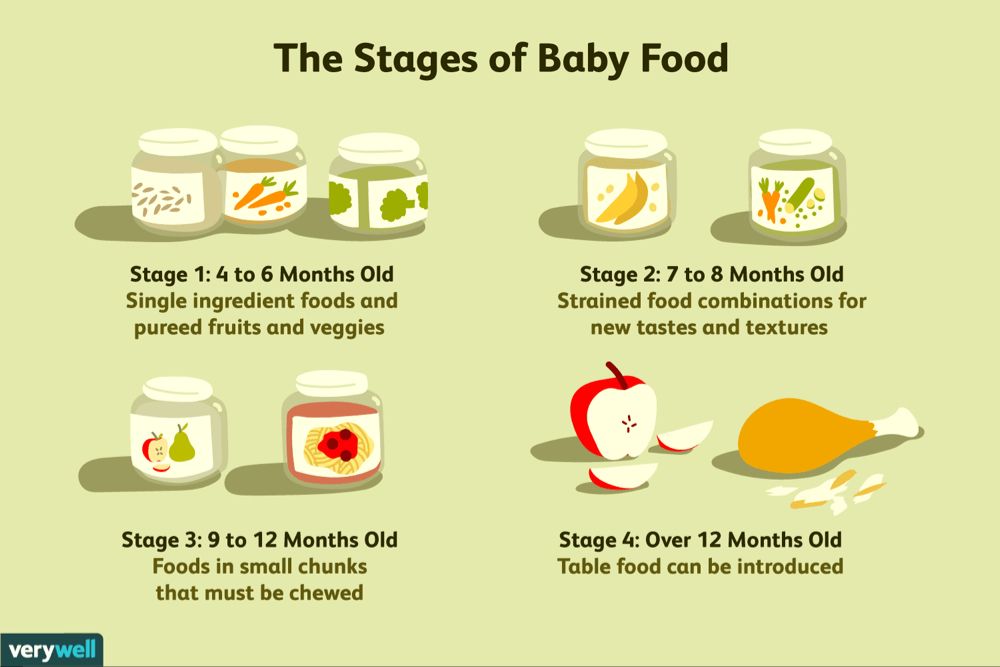 And, he points out, “if the juices need refrigeration, they have to stay refrigerated.“
And, he points out, “if the juices need refrigeration, they have to stay refrigerated.“
These are general rules for a few of the big foods that babies and toddlers eat. But if you’re not sure if the food you’d usually serve to your child is okay, it’s best to take a pass. “When in doubt, throw it out,” Doyle says. “That’s generally the rule for food safety.”
Published September 2017
Please note: The Bump and the materials and information it contains are not intended to, and do not constitute, medical or other health advice or diagnosis and should not be used as such. You should always consult with a qualified physician or health professional about your specific circumstances.
What You Should Worry About
No parent in their right mind would ever want to feed their child expired food.
Unfortunately, the FDA does NOT require manufacturers to label their food with an expiration date.
You have to take the necessary precautions as if YOU were ingesting the food yourself.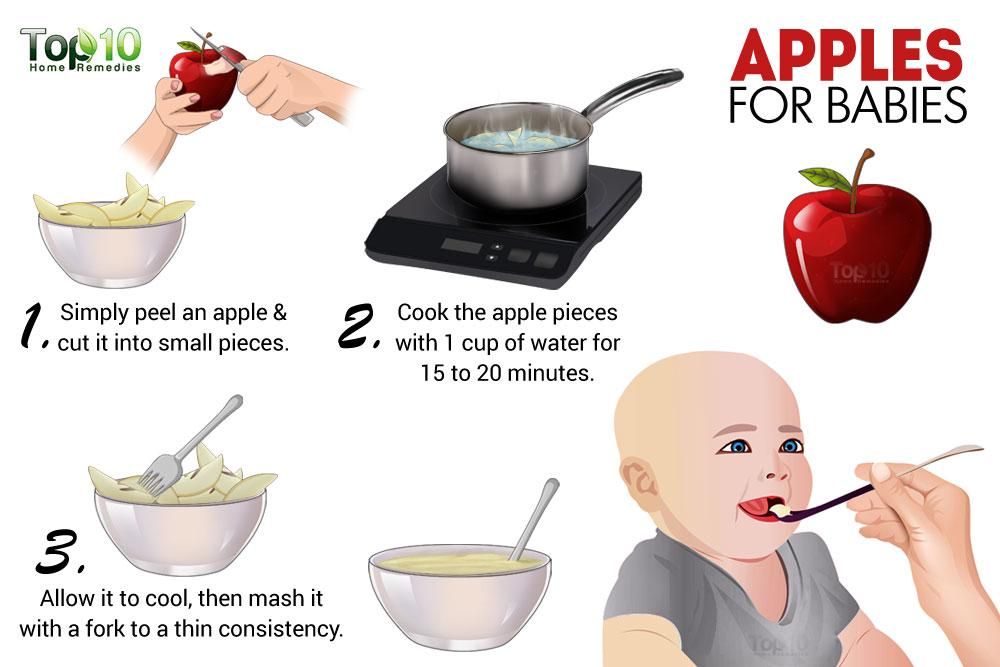
If you want to avoid accidentally feeding this to your little one, this article will tell you everything you need to know about the expiration of baby food.
Does Baby Food Have an Expiration Date?
NO! Remember that the FDA/USDA does not require companies to include an expiration date on most food products.
The ONLY exception is baby formula because, after a certain amount of time, the nutrients in the formula begin to deteriorate.
Naturally, if children rely solely on baby formula for their nourishment, any deterioration or expired baby formula can be catastrophic to your little one.
Baby food does not usually state an expiration date.
As an alternative, many food companies choose to include a “best by”, “use by”, or “sell by” date, and they’re not all the same thing.
Where to Find These Dates
More often than not, moms will see them in obvious places like:
- Bottom
- Top of the jar lid
- On the product label itself
- Underneath the lid or cover
- Side of the lid
For food pouches, you’ll likely find them ANYWHERE on the pouch.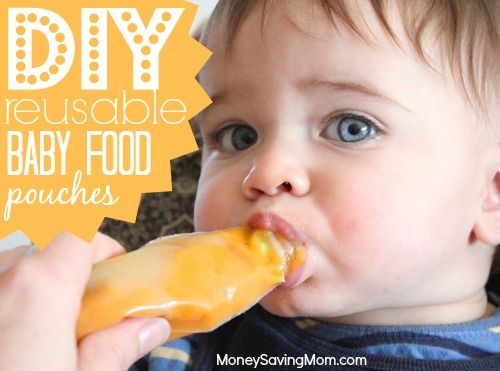 However, some pouches have the expiration date underneath the bar code, making it difficult to spot.
However, some pouches have the expiration date underneath the bar code, making it difficult to spot.
Difference Between These Dates
We know how confusing it can be, and some of you might think they’re the same thing, but they’re not.
So let’s take a look at what each of these “expiration dates” means, so you’ll know when to clear your shelf.
NOTE: Most baby foods are safe to consume past their “expiration date.”
Sell By Date
Meaning of Sell-By Date: Stores should sell the food before this date.
Who’s in charge of selling their stock: You or the grocery store you frequent? It’s the latter, of course!
The sell-by date is a GUIDE for the seller. It gives them some idea of the following:
- How much to stock on their shelves
- When to rotate their inventory
- When to take away most foods that have or are about to go bad
A sell-by date tells the store that their products are less likely to spoil if it’s sold on or before this date.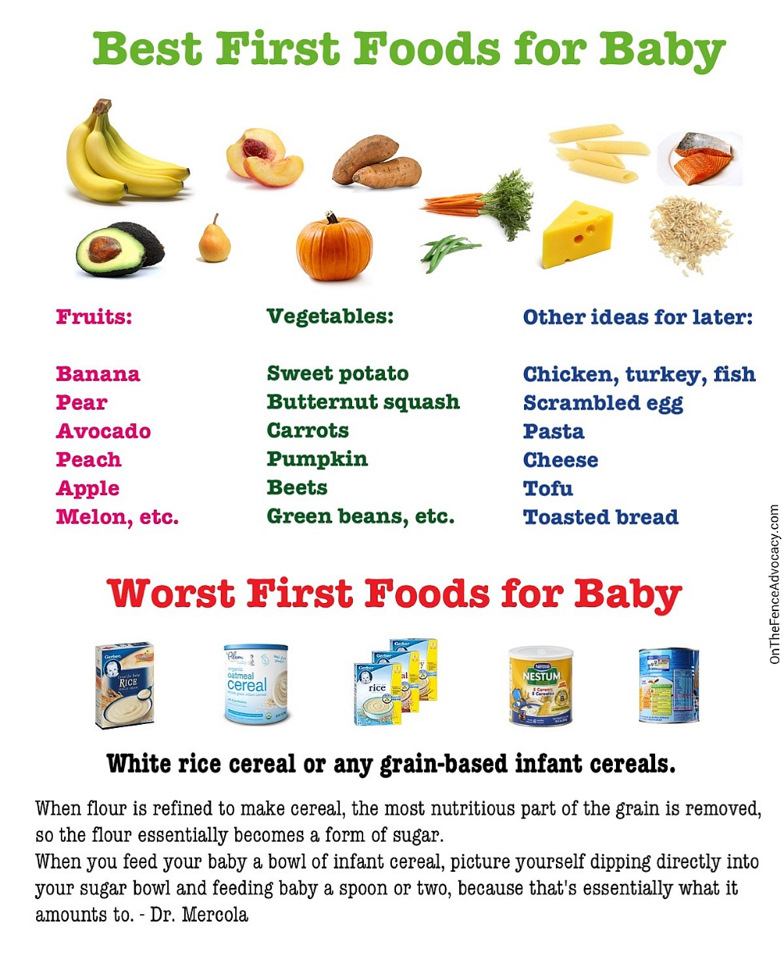
Theoretically, retailers should pull anything NOT SOLD by the sell-by date from their shelves for the food safety of their customers.
Use By Date
Meaning of Use-By Date: Consume beforehand for the best QUALITY.
The use-by date is the closest thing you can find to an expiration date on a lot of food products.
By putting this, the manufacturer tells you to consume their food before this expiration date to experience the food at its best quality.
If your baby consumes the food past its use-by date, it’s still SAFE.
IMPORTANT NOTE: For baby formula, its nutrients deteriorate past the use-by date.
Best By Date
Meaning of Best-By Date: Consume beforehand for the best TASTE.
Also seen as the “best before” date, this is the manufacturer’s way of telling you when you can expect their product to taste its best.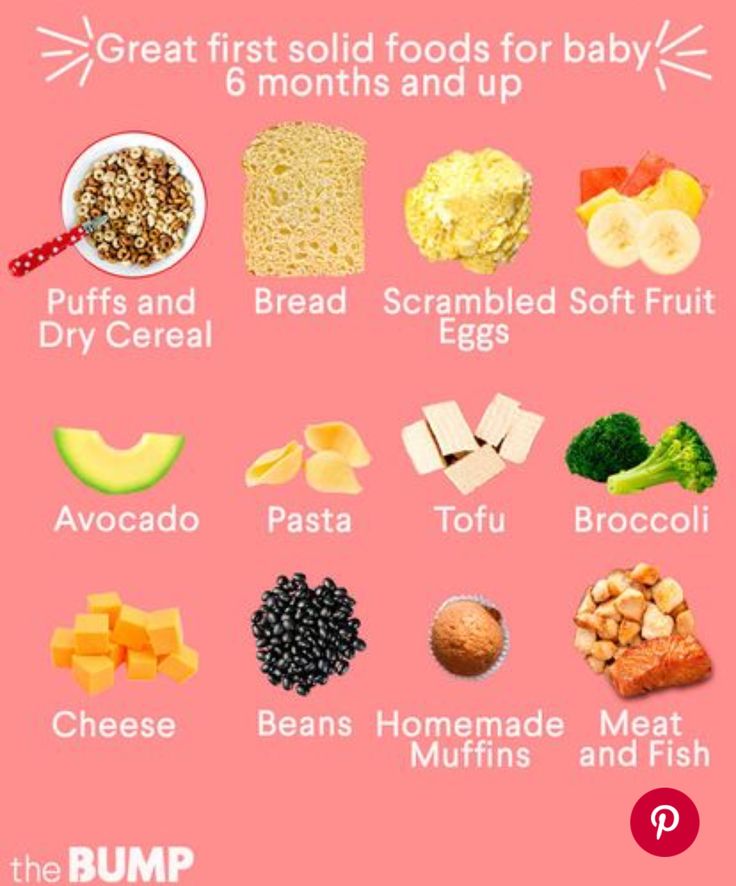
While it’s not a strict expiration date, the consumption of food past this “expiration date” may give your baby a less tasty meal.
Let’s take stale cereal, for example. They may be less crunchy and taste kind of like the carton they came in, but they won’t leave you running to the bathroom.
If your biggest concern is the taste, texture, and physical quality of the food, then this date is something to keep in mind!
When Is “Expired” Food Safe for Baby to Eat?
Okay, so as you’ve seen, you won’t have a problem with consuming a product past its “expiration date.”
So if you don’t want to waste a lot of baby food that’s only a week or two over their sell-by date or use-by date (but don’t want to compromise on food safety), what do you do?
Here are some GENERAL RULES for storage dates for baby food:
- Baby food in jars: 2 years if unopened; 1-3 days if opened AND refrigerated
- Baby food in pouches: 1 year when unopened; 1 day once opened AND refrigerated
- Baby cereal: 3 years unopened; 30 days once opened
Here’s a guide to how long the different TYPES of food will last once they’re OPENED:
- Fruits and vegetables: 2 to 3 days in the fridge or 6-8 months frozen
- Meats and eggs: 1 day in the fridge or 1-2 months frozen
- Meats and vegetables: 1-2 days in the fridge or 1-2 months frozen
- Homemade baby food: 1-2 days in the fridge or 3-4 months frozen
So if you’re just a few days or weeks past the best by or “expiration date,” there’s no need to panic!
A few more things to remember:
- If you suspect your jars are compromised (i.
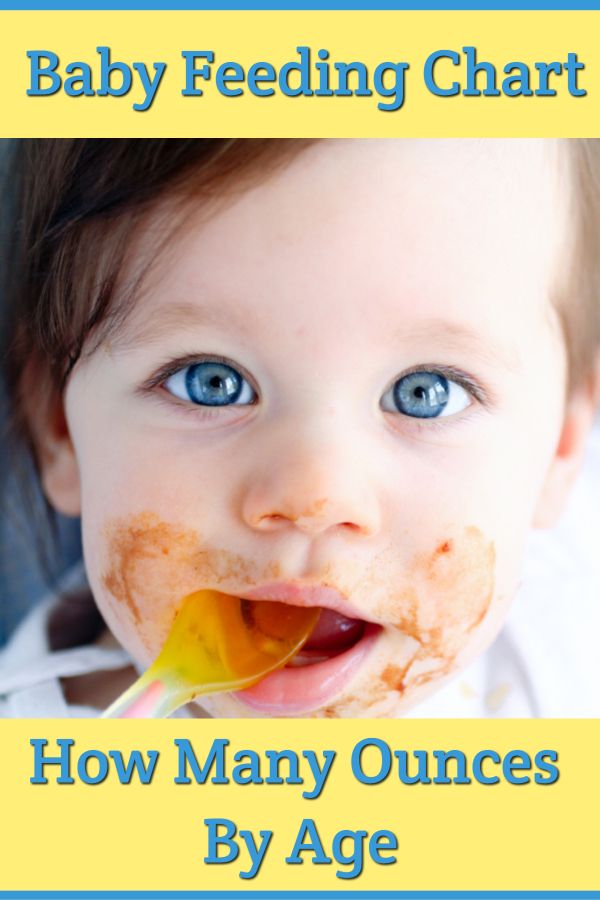 e., the seal’s been broken) or the food has gone bad in any way, err on the side of caution of food safety. It’s best to throw it to keep your little one safe.
e., the seal’s been broken) or the food has gone bad in any way, err on the side of caution of food safety. It’s best to throw it to keep your little one safe. - For opened baby food that’s NOT refrigerated, it’s best to throw it away after 2 hours.
Should Your Little One Eat Expired Baby Food?
Again, food manufacturers make these just recommendations to ensure your baby enjoys their food as much as possible.
So while babies CAN eat food that’s past their use by or sell-by date (technically speaking), it’s not good to always feed your baby expired food and expired formula.
With infant formula, the good stuff in these foods can degrade over time, albeit at a MUCH SLOWER pace than with milk.
Babies grow and mature in a flash at this stage of their life. To do this healthily, they need as much nutrition as they can get.
Since a diet of baby food supplemented by infant formula is their only source of these nutrients, it’s critical that what they eat has the highest level and quality of vitamins and minerals.
So if and when you can, always feed your little one only the freshest food and ingredients.
MOMMY TIP: We highly recommend trying out goat milk formula for your baby if they have issues with regular dairy formula.
When to Toss Food Past Their “Expiration Date”
We know it hurts to think of the product and money you’re wasting every time you throw food away. But instead of looking at it from the consumer’s perspective, consider it from a parent’s point of view.
When it comes to your baby’s health, you should NEVER take the risk of getting them sick with foods past their expiration date. At their life stage, their tummies are susceptible to getting upset.
So here are a few general rules to help you decide when to throw those jars or that baby cereal away:
- Always check the use-by or sell-by date on the packaging. If you’re more than a few months past that, throw it away.
- Always ensure that the jars or pouches are secure. Check the seals or tabs and toss them if they’ve been broken.
- Look for warning signs that the food’s gone bad (change in color or smell, separation, mold, etc.) and toss them.
- Smell the food before feeding it to your baby. If it smells funny (e.g., smells fermented or sour), throw it away.
- Check for any swelling or bubbling in the can, jar, or pouch. This is a sign that air got in and bad gasses have built up inside. Throw it!
How to Store Opened Baby Food Properly
Okay, so you’ve checked the expiration date and thrown away anything that could get your baby sick.
What would you do if your child acts up and refuses to finish excellent baby food?
You can use it again later without compromising your little one’s health. Here’s how:
- Storing – Refrigerate or freeze any UNUSED portions IMMEDIATELY upon opening the baby food
- Sealing – Cover any opened jars or containers OR place them in a SEALED container.
- Dating – Put a DATE on the food container so that you’ll know how long it’s been in your fridge and when to throw that product away.
As a reminder, only save UNTOUCHED baby food. In other words, if a used spoon or your child’s finger has touched that portion of the baby food, don’t do anything else. Just toss it in the trash.
The same tip goes for formula, even if it’s only partially consumed. Milk spoils faster than any other baby food.
Many people may feel that a 4/5 full bottle would be a waste to throw away, but you STILL DON’T WANT to take the risk of feeding your baby milk past its expiration date.
How to Avoid Dealing with Baby Food Past Its Expiration Date
There are some practical food safety tips and tricks that you can keep in mind for lessening the need to deal with food past their use-by or sell-by date.
It just requires you to be more vigilant and to plan ahead of time.
1. Plan Ahead
Remember that most babies outgrow eating baby food in 6 months.
This is why you need to stop yourself from buying too many foods and filling your pantry with boxes of baby food you likely won’t use in a few months.
Let’s say you’ve decided that you’ll only stock up on baby food once a month.
Estimate how many jars of baby food or boxes of baby cereal your little one can finish in a month, and only buy enough for that.
E.g., For Gerber lovers and babies with sensitive stomachs, decide between Gerber Soothe and Gerber Gentle BEFORE you buy them in bulk to avoid expiration.
DON’T go overboard if you don’t plan on eating that yourself.
Please resist the urge to try out most of their flavors, and portion it out. Instead, only buy foods you ACTUALLY need.
Buying more than what you need will just lead to other foods sitting in your storage past their expiration date!
2. Portion the Baby Food
Now that you’ve bought your stock for the week or the month, it’s time to open one.
But when you’re exhausted from being kept up at night or from cleaning all day, it’s easy to be lazy and to feed your baby straight out of the container of baby food.
Some will just get a spoon and directly scoop out the food from that batch of baby cereal or jar of puree and put this directly in the mouth of their infants.
RESIST THIS TEMPTATION!
This is the easiest method of speeding up your food’s expiration, especially if it contains milk or eggs.
Remember what we said about only being able to save UNUSED food. This applies to ALL TYPES of baby food (yes, even baby maple syrup).
So when it comes to these things, it’s best practice to scoop out a portion with a clean utensil onto your baby’s bowl or plate, then feed your children from that.
In case your children are extra hungry, you can always scoop out more (again, with a CLEAN utensil).
3. Keep Them in Containers
As we’ve briefly mentioned before, proper storage is important to ensure the quality of your baby’s food. This will help assuage any qualms you may have with spoilage.
So you must keep UNUSED portions of the baby food in containers that have a secure lid or cover.
Don’t just keep them sitting exposed in your pantry or shelf. You need to refrigerate them as soon as they’re opened.
ALWAYS keep them out of reach of your children so they don’t spoil them with their dirty fingers (especially if they’re handling finger foods).
Also, keep in mind that heat encourages harmful bacteria to grow, which is why a cold refrigerator or freezer is the best place for unused leftovers.
4. Label All Baby Food Containers
When you’re a baby’s parent, it’s easy to forget these things and mix up all these dates.
To help keep this from happening, always mark each container of baby food you intend to place in your refrigerator or freezer.
Mark it with 2 dates:
- When you opened it
- When it has to be eaten or thrown away (expiration date)
You can use stickers specifically made to label food expiration dates or dry erase markers for this.
5. Use the Blender
It’s always best to go NATURAL when you can. So if you can, try making your own homemade baby food!
Homemade baby food is healthier, more versatile, and more affordable.
It also lets you introduce more and more ingredients into your baby’s diet.
However, you should keep in mind that there are some foods that will cause diaper rashes, so be careful! Food safety first!
Conclusion
Expiration dates are NO JOKE when it comes to feeding our children. No one wants to give their children food poisoning or diarrhea, whether intentionally or accidentally.
Our guide should give a good idea of what you can do to prevent feeding your kids food past its shelf life.
We hope all the information we’ve given you in this guide helps some of the new parents out there figure out how to deal with expiration dates on baby food.
Children grow up so quickly, and we’re here to help ensure that they end up perfectly fine!
FINAL TIP: If you’re looking to complete your baby feeding gear, you can take a look at our complete list of natural baby feeding products for some ideas.
![]()
Changelog:
December 5, 2022 – added 1 new article link
May 2, 2022 – added 1 new article link
July 22, 2021 – updated article links
How to store baby food?
Food plays a huge role in the harmonious development of the child. Mothers are usually interested in the selection of the first baby food long before the introduction of complementary foods. We will devote today's article to the rules for storing baby food.
We've put together a few hacks to help you figure out how to keep different forms of baby foods fresh.
Prepared baby food storage rules
For those who don't bother with cooking their own complementary foods, things are a little easier. Product features and packaging method dictate the storage rules:
• Dry mixes and cereals are designed for long-term storage provided the packaging is intact. After opening the pack, the shelf life of the product is no more than three weeks. Manufacturers recommend storing cereals and mixtures packaged in jars in their original packaging. If you purchased the product in a cardboard box or in a bag, it is advisable to pour the contents into an airtight container. Food grade plastic boxes are perfect. It is safe to store even baby food in such containers, as they are made of materials that are specially designed to come into contact with food. The container itself should be stored in a dark, dry place.
• Liquid and semi-liquid baby food (yogurts, juices, fruit drinks) can be stored for no more than five days from the date of its manufacture. An important storage condition is the temperature from 0 to 5 °C. After opening the package, dairy and sour-milk products should be consumed within a day. Fruit drinks, vegetable and fruit juices can be stored for up to three days.
• Canned food (mashed potatoes, pates, soups, cereals), depending on the composition, has a clearly defined shelf life. To prevent the product from oxidizing, after opening it must be stored in a tightly closed container. Opened baby food should be consumed within 24 hours.
Rules for storing homemade preparations for a children's table
There are two options for homemade preparations - use them immediately, or freeze them .
If we are talking about freezing, then there are several basic rules for the preparation of products:
• Fish products are frozen in a double mill, processed in front into portions of small pieces. Freeze more often in airtight boxes, resistant to low temperatures of the freezer. Meat freezing can be saved for about nine months, and ribna - only three.
• Vegetables and fruits can also be frozen in containers. In the freezer, the stench can lie no more than fate.
Defrost preparations for children's meals only in the refrigerator. Rizke heating can help the product of the greater part of the brown speeches.
Now you know all the secrets of saving a child's meal!
Other articles
Storage of baby food: terms and requirements for the storage of baby food
Glinskikh Elena
Published: 01/15/2023
Reading time:
227
All parents want to see their baby cheerful, active and healthy. The harmonious development of the child largely depends on the correct and high-quality diet. The market for special baby food is striking in its diversity, and everyone strives to choose the best for the child. But for the safety of the baby and its full development, it is not enough to buy high-quality products. You also need to know how to properly store baby food.
The importance of storing baby food properly
All children need warmth, care and attention. But the child is gradually growing, while he needs to eat varied. And here the question arises: is it possible to save the cooked product until the next feeding? Here it is important to pay attention to the fact that the child's immune system is not yet strong enough, so the storage of baby food should be given special attention. The well-being and health of the baby often depends on the conditions in which and how long they are kept.
On the safety of baby food
In the Russian Federation there is a whole regulation on the safety of food for children - that's what it is called. This document sets out requirements for manufacturers and sellers of children's products related to the protection of children from toxic and chemical substances. This applies not only to baby food produced in our country, but also imported from abroad. That is why when buying infant formula, porridge, puree or other product, you can be sure of its quality and safety. The regulation requires not only the correct production, but also the packaging, storage and disposal of baby food:
- Children's products are sold only through special stores or dedicated departments of supermarkets (therefore, it is better to buy them there or, in extreme cases, in a pharmacy).
- Expiration dates are set by the manufacturer, who is fully responsible for the quality of his product.
- Transportation of baby food is carried out in accordance with the requirements of the technical regulations for the transportation of any products.
When producing baby food, a number of conditions must be observed:
- Do not use highly acidic curd products.
- Do not add soy flour or grains contaminated with impurities.
- Offal is prohibited, except for tongue, liver, heart and blood.
- Do not include beef with a fat content of more than 12%, pork - 32%, lamb - 9% in baby food.
- Do not use salted butter or products with a fat content below 82%*.
For a complete list of products prohibited in the production of baby food, you can follow the link attached to the article.
Rules for storing different types of food
Undoubtedly, breast milk is the most valuable and beneficial for a child. But there are situations when a mother needs to leave the house and she expresses milk in order to feed the baby on time. In addition, the child grows, over time he needs complementary foods. Expressed breast milk, formula-fed infant formula and complementary foods require a special approach, and it is very important to know the conditions and shelf life of baby food.
How long can open packages of infant formula and cereals be kept?
Opened jars (packages) of fruit, vegetable and meat puree should only be stored in the refrigerator. And after opening the package, you can eat only within 12 hours **. After the expiration date or 12 hours after opening the package, the product must be disposed of, since it can no longer be eaten. Yes, not only for children, but also for adults.
Many people are also wondering how long homemade baby food, such as freshly prepared vegetable or fruit purees and juices, can be stored. There are two main options to use immediately after preparation (the best) or freeze. Such a product will also be suitable for eating for 12 hours, after which it will begin to deteriorate. Frozen fruits and vegetables can be stored in the freezer for up to six months, depending on the culture. However, even frozen products have expiration dates, after which it would be wiser to throw them away than eat them.
General storage rules
A huge variety and affordable cost of products greatly facilitate the worries of preparing complementary foods for children. But along with this, many parents face another problem: where to store baby food? So that the products do not lose their qualities from the influence of external factors, the following basic rules must be observed.
- Hygiene. Be sure to wash your hands thoroughly before preparing food and feeding your baby. The child's dishes should always be clean and stored separately in sterile conditions.
- Storage location. Dry cereals and mixtures should be stored in a ventilated cupboard out of the reach of children.
In caring for a baby, mothers are loaded with various problems and worries. It is difficult for them to remember everything, so it is recommended to stick a label on each product with the date of its opening. This will help you meet the deadlines.
- When feeding a child with vegetable and fruit juices, puree or sour-milk products in jars, remember that after breaking the integrity of the package, the use of its contents is allowed on average up to 12 - 24 hours. Different manufacturers may have different terms, read carefully what is written on the label! Be sure to ensure that the integrity of the packaging has not been violated even in the store. Most manufacturers on the jars have a special protection against opening. Fresh puree in jars emits a characteristic “pop” when opened, juices must have either a protective foil film or a special opening mechanism. Unopened jars of juices and purees can be stored in the cupboard, while dairy products should only be kept in the refrigerator.

